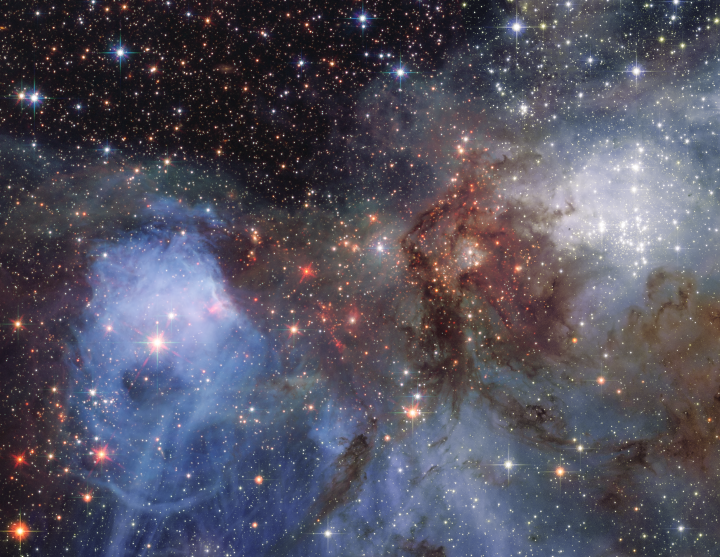Net Work: Overcoming Scarcity Mindsets and Practice
December 3, 2018 Leave a comment“Scarcity alters how we look at things; it makes us choose differently; … our single-mindedness leads us to neglect things we actually value.”
-Sendhil Mullainathan and Eldar Shafir, Scarcity: The New Science of Having Less and How It Defines Our Lives

Image by geckzilla, shared under provisions of Creative Commons Attribution License 2.0.
A few weeks ago, the inimitable Seth Godin wrote a blog post about “the magnetic generosity of the network effect.” In the post, he talks about how a “scarcity mindset” can impact our willingness to share ideas. This can happen, says Seth, when we treat ideas as if we were sharing a pizza. But ideas are not pizza slices. Ideas can grow, inspire, flourish. Ideas when offered freely can give birth to innovation; in dialogue they can create even better ideas. The exchange of ideas can grow energy and enthusiasm among sharers and recipients. This is central to the notion of “network effect” – as a network grows, so does the potential of the network. It’s potential grows. Having connections is only as good as what gets shared through those connections, and in which directions. In other words, networks are made valuable not just through connectivity, but through generosity and mutuality.
I work with some groups, aspiring to be networks for change, that struggle with what I would call an “organizational mindset” in their work. Their tendency is to want to immediately put structure and boundaries on what they are doing – who is in, who is out; how we will make decisions; what committees need to be formed, who has what kind of power, etc. This is not necessarily a bad thing, except when it is driven by a scarcity mindset, an overly protectionist stance that can result in the hoarding and unwillingness to share things that are not scarce – ideas, appreciation, a skill, gratitude, love, an image, a tune – and whose sharing can create the richness of emergence and greater abundance.
Assuming scarcity as a your opening move is a road to limited and limiting potential.
Scarcity can also impact the way we think about ourselves and others. Not believing in our own and others’ vast untapped potential becomes a self-fulfilling prophecy. We can shrink and diminish otherwise unseen and undeveloped knowledge, creativity and skillfulness. This, of course, can happen for a variety of reasons, including internalized inferiority and superiority, power dynamics, lack of trust …. And ultimately this cheats the larger communities and systems of which we are a part of these latent, hidden and under-appreciated gifts and brilliance.
Another dynamic at play in networks and other forms of social organization, is the belief that power is scarce or finite, and that, “If you gain some, I lose some.” At IISC, we believe that power is not finite. It is multi-dimensional (many kinds and sources), self-generating (we can create more of it!) and key to doing this is a creating a different set of social agreements and arrangements (power is socially constructed, after all).

As Eric Liu, author of You’re More Powerful Than You Think: A Citizen’s Guide to Making Change Happen. said in an interview for Democracy: A Journal of Ideas:
“The current allocation of power is not fixed or finite. If you learn how to organize your neighbors, give a great public speech, use social media, develop memes to stir up interest in a cause, you haven’t diminished at all my ability to do those things. All you’ve done is you’ve added to the net amount of power in civic life.”
-Eric Liu, “Power is Not Finite”
Seth Godin ends the post I alluded to above by saying – “When you give away your work by building the network, you’re not giving it away at all. You’re building trust, authority and a positive cycle of better.” I would also say that when people deeply respect, see, and listen to others and help to draw out their fuller selves, dreams and desires, they do not lose anything, they gain. When people support the self-interests and development of others, they can help grow more equitable public good and well-being. Diversely, robustly and intricately woven communities can be a key to making this so.
So go forth and not only connect – let if flow!